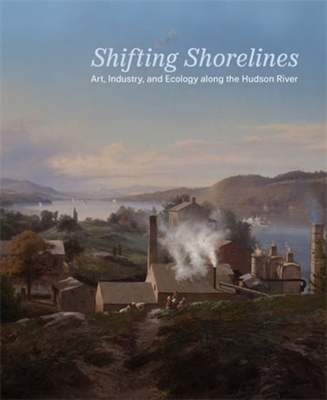
description
1
With this remarkable book Eric Zencey changes the way we think about nature by changing how we think about history. "The ecological crisis is also a historical crisis," he writes. "If we are out of place in nature, we are also out of place in time, and the two kinds of exile are related."
Zencey's way home takes us many places: to a starlit mountaintop, where a nineteenth-century sect awaits the second coming; to the northern woods during hunting season; to the salt marshes of a Delaware childhood; to the softball games and abandoned mill ponds of his adopted Vermont. Always we are shown a world outside our preconceptions. In the essay "In Search of Virgin Forest" we see that virgin forest is not the pure escape from civilization that romantics make of it. Like the second-growth forest around it, virgin forest too is a human construct, one whose "different disturbance history" is not natural but is equally the product of human perception and appropriation. A nationally acclaimed novelist, Zencey has brought together autobiography and philosophy to produce a work at once accessible and intellectually rigorous. Perceptive, urgent, and lyrical, these essays are alive with warmth and wit and the occasional glint of melancholy. Virgin Forest is a passionate call for ecological health. It amply demonstrates (as the final essay has it) "Why History Is Sublime" if we suffer a postmodern lack of grounding, only a rooted-in-place ecological sensibility can supply our need, and historical understanding is its inescapable prerequisite.member goods
No member items were found under this heading.
Return Policy
All sales are final
Shipping
No special shipping considerations available.
Shipping fees determined at checkout.







